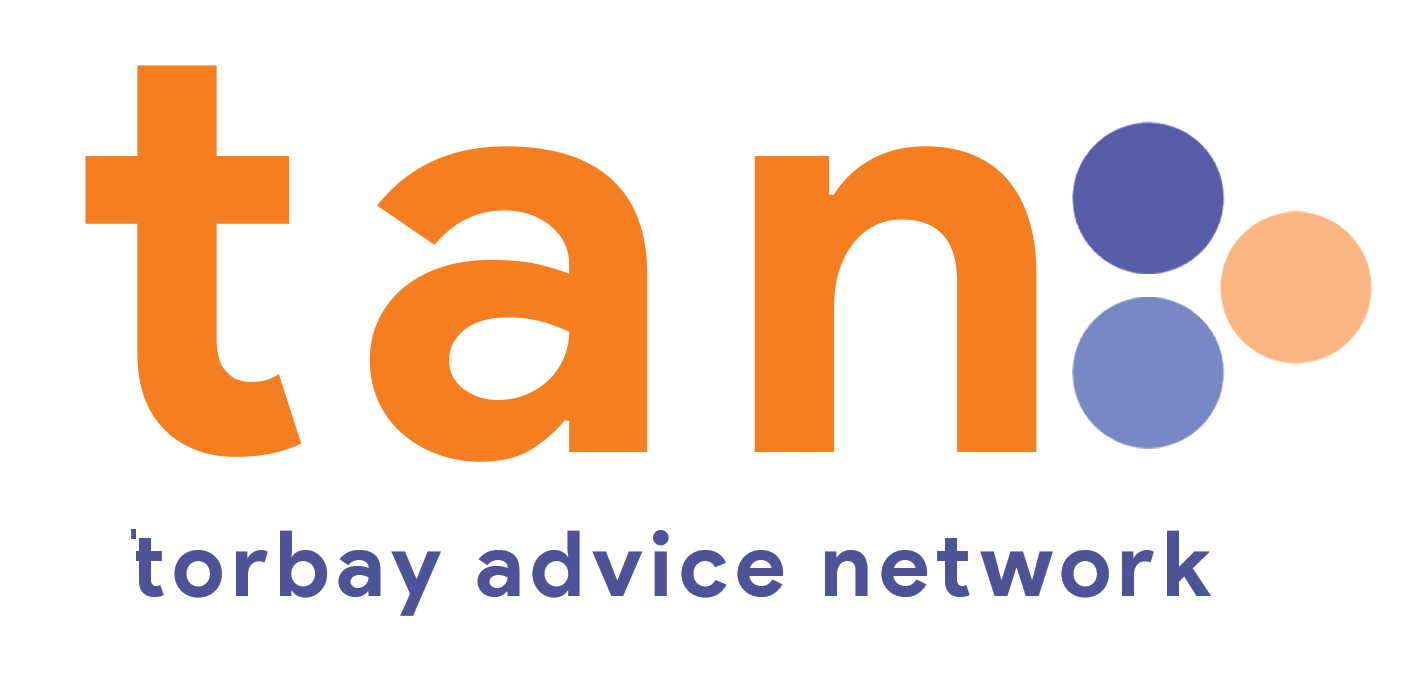The taper sets the rate at which Universal Credit is withdrawn as claimants’ earnings increase.
This paper provides figures for the number of people claiming unemployment benefits (the “claimant count”) for the UK and by parliamentary constituency.
Prices are rising at the fastest rate in 30 years, and energy bills alone are expected to rise by 50% in April. We are all feeling the pinch but the soaring costs of essentials will hurt low income families, whose budgets are already at breaking point, most.
This briefing paper explores the history of rules that help terminally ill people access benefits, how they work in practice, the debate that surrounds them, and recent policy developments across the UK.
Between 1978 and 1997, contracted-out defined benefit pension schemes were required to provide a Guaranteed Minimum Pension (GMP). This briefing looks at the arrangements for index-linking GMP rights for people reaching State Pension age before and after 6 April 2016 and for members of public service pension schemes.
National and Official statistics on the main benefits administered by the Department for Work and Pensions (DWP).
The Work and Pensions Committee has used parliamentary powers to publish a Government-commissioned report into disabled people’s experiences of the benefits system that the DWP had consistently refused to make public.
The Department for Work and Pensions (DWP) uses third-party contractors to provide health and disability assessments to inform decisions about benefits. The Centre for Health and Disability Assessments (CDHA), a subsidiary of Maximus, holds the contract under which assessments are carried out for various benefits, including Work Capability Assessments (WCAs) for Employment and Support Allowance (ESA) and Universal Credit.
DWP commissioned external researchers NatCen to conduct surveys with PIP, UC and ESA claimants to gather feedback on their experience of telephone based assessments.
The independent Joseph Rowntree Foundation is warning that a planned real-terms cut to benefits in April could pull 400,000 people into poverty.

